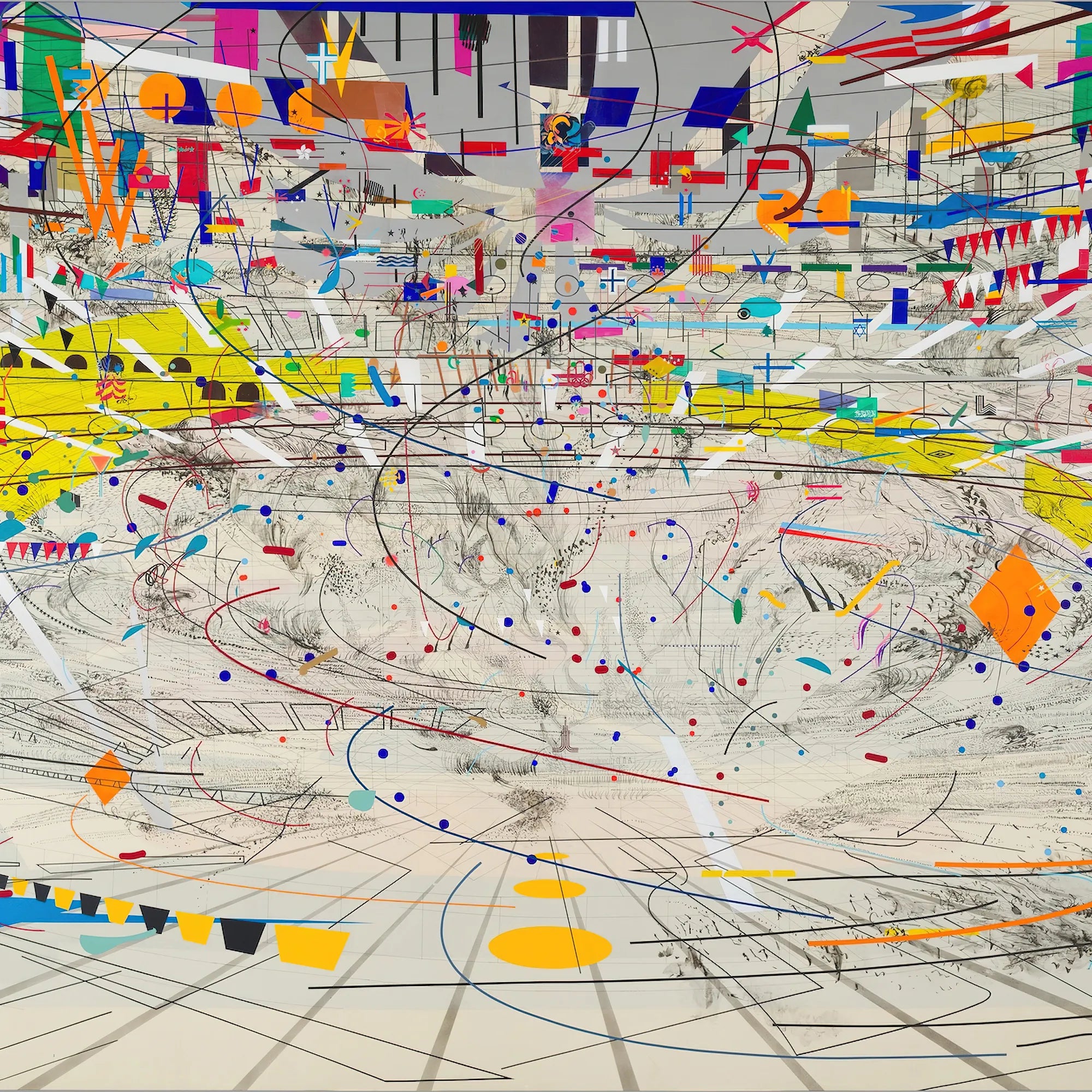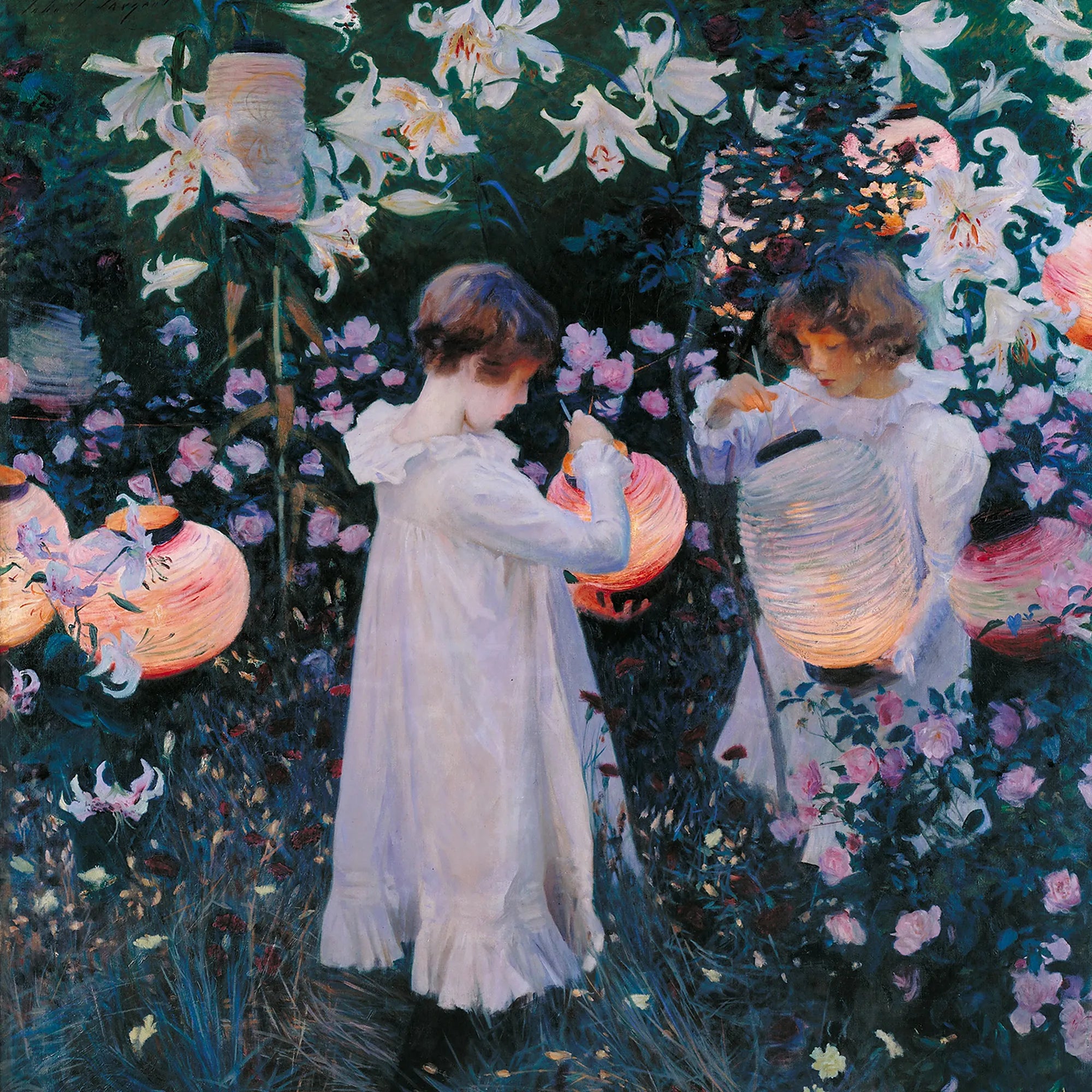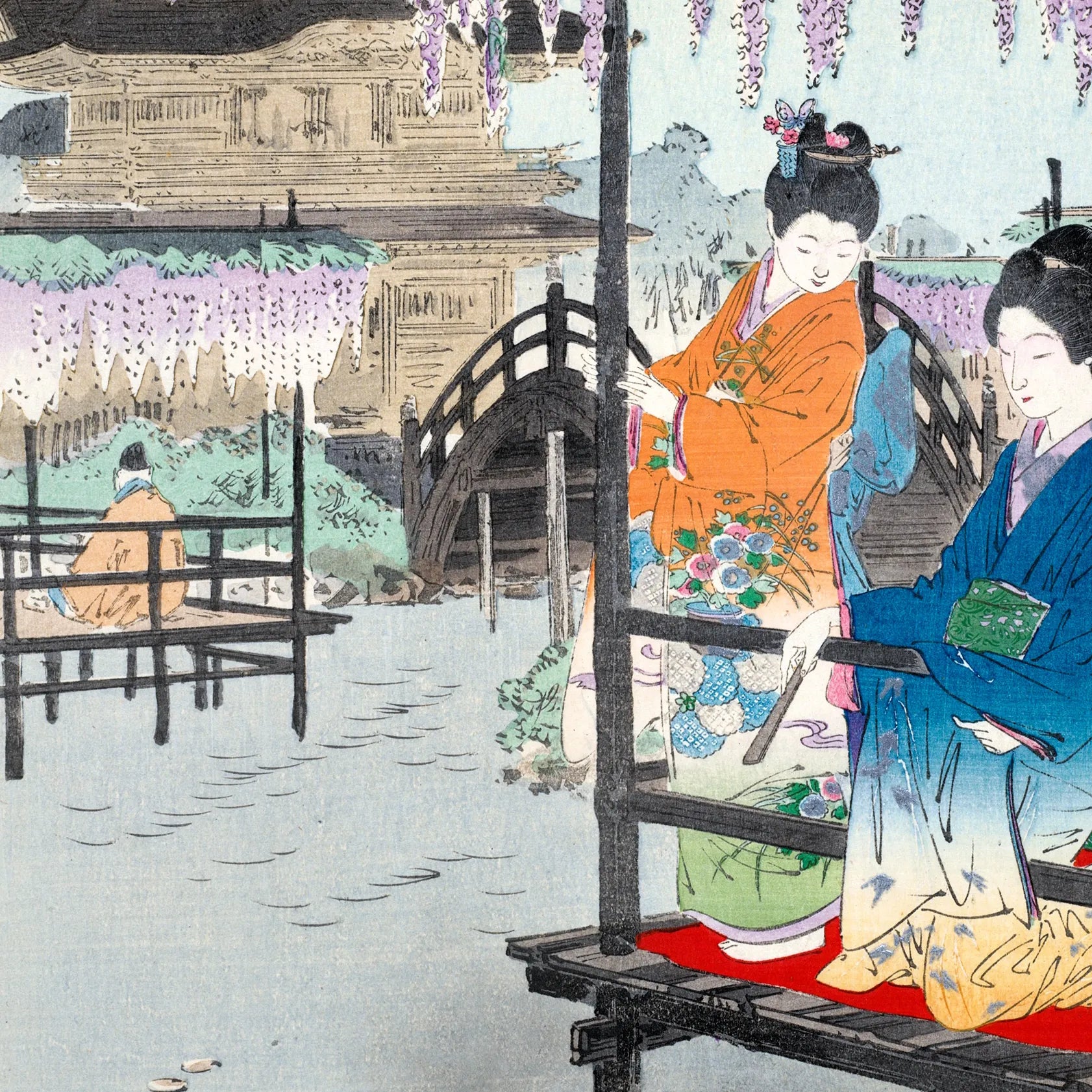
Becoming a Successful Artist Beyond Cliches and Stereotypes

Baroque Style in Art, Architecture, Fashion and Philosophy

Futurism’s Gone Retro, Afro, Dada and Solarpunk

Lazy Nerd Explainer: Henri Matisse’s Cut Outs

Julie Mehretu: Art Between Chaos and Order

John Singer Sargent: Portrait of a Gilded Age Nomad

Peter Max: Coloring the Counter-Culture

Peter Doig’s Dreamscapes from Scotland to Trinidad

Lazy Nerd Explainer: Pablo Picasso’s Collage Art

Lazy Nerd Explainer: Romare Bearden’s Collage Art

Lazy Nerd Explainer: Ukiyo-e Art


